Read the ABA guiding principles to debt management firms
If you’re in financial difficulty, you can have someone represent you when dealing with your bank.
If you don’t want to deal directly with your bank, you can have someone do it for you. To do this, you just need to provide details in writing to your bank. You can pay for representation or access readily available free representation and counselling (see below). Paid options include the use of a debt management firm (DMF).
When people are in financial stress, it can affect their ability to make good decisions, and make them more vulnerable to rushing into an agreement with a paid representative.
Free Services: if you’re in financial difficulty
- Talk to your bank or lender about your circumstances. They have specific services set up to help you. It’s in your interests and the bank’s to help you out of financial difficulty.
- Find out how to check your credit record and repair it, for free.
- Find a free and independent financial counseller with the help of The National Debt Helpline
- Get free legal help from a community legal service.
- Get out of debt faster – Way Forward is an independent organisation that provides free help to get you out of debt faster. They can create a budget, establish affordable arrangements with your creditors, and make debt repayments for you.
- Visit MoneySmart for information and guidance if you’re in trouble with debt, need credit repair or emergency relief and crisis assistance (urgent need of food, bills, housing and emotional support).
Banking Industry Guiding Principles on Debt Management Firms
Australian banks have developed a common approach to communicating with you if your debt management firm (DMF) is not acting in your best interests.
The guide says that if banks believe that a DMF is not acting appropriately or is not licensed, banks can refuse to deal with a DMF and communicate directly with you, the customer. This will ensure that customers are getting the right information from the bank at the right time.
“AFCA and consumer groups continue to raise concerns with ASIC about the conduct of debt-management firms and the potential harms these entities may cause consumers, including that they may provide unsuitable services and engage in predatory conduct”
ASIC

Debt Management Firms
Debt Management Firms
A debt management firm (DMF) negotiates on your behalf with your bank to help you out of financial difficulty. Consumer Groups and the regulator (ASIC) have raised concerns about DMFs.
If you’re in financial difficulty, you have a right to appoint someone, including a DMF. But it’s important to remember that these firms charge fees for their services, so you need to consider if the cost is worth it and look at the free options that are available.
Some use misleading claims
ASIC has warned that some firms charge high fees, make misleading claims about helping customers get out of debt, and provide services which are unnecessary, or available for free elsewhere.
Guide created for dealing with DMFs
It’s not ok for unscrupulous operators to rip people off when they are most in need. That’s why Australian banks have developed a common approach to communicating with customers where DMFs are involved.
Requirement for DMFs to hold a credit license
In response to concerns about DMFs, new regulations came into force on 1 July 2021. These regulations require DMFs to hold an Australian credit license, be a member of AFCA and to act ‘efficiently, honestly and fairly’.
- If you have appointed a DMF, banks can still contact you directly, if your representative is not acting in your best interests or is not licensed.
- Your bank may proactively inform you of the risks of dealing with DMFs.
- Vulnerable customers, especially including those with language difficulties, will receive clear communications.
- outlines a clear set of guidelines for when the banks may consider that a DMF, when representing a bank customer, is not acting in the customer’s interests and banks may approach a customer directly;
- provides clarity and consistency in how member banks may deal with DMFs, recognising the importance of preserving a customer’s right to engage them, while trying to protect customers where firms may not be acting in their interest; and
- describes an approach that is consistent with competition law obligations, the National Consumer Credit Protection Act(NCCP Act) and the Code
- describes an approach that draws on other regulatory guidance, such as the ASIC and ACCC Debt Collection Guideline(DCG)2 and RG 271: Internal Dispute Resolution (RG 271)
- reflects banks’ general responsibilities to their customers.
Talk to your bank
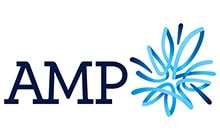
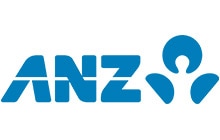
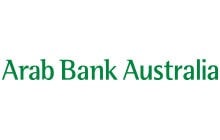
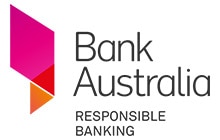
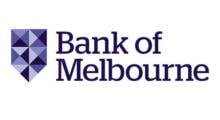
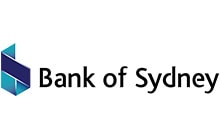
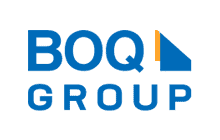
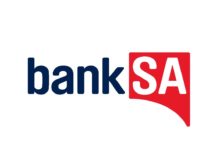


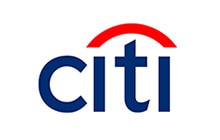


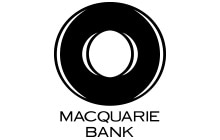

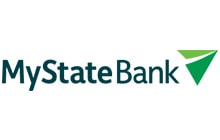
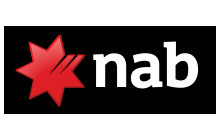

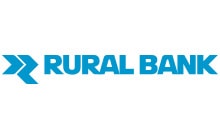




If you’ve already engaged a DMF, you can get free legal advice
